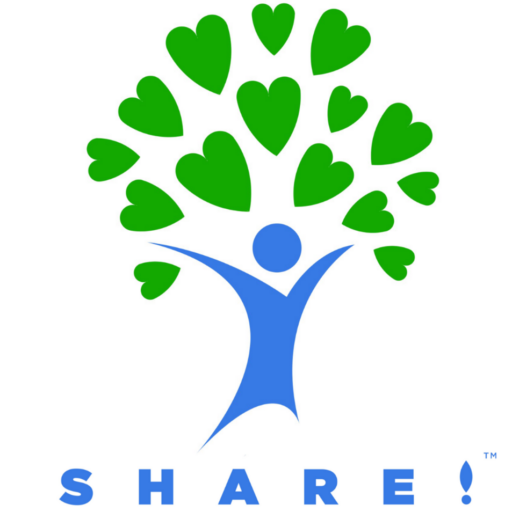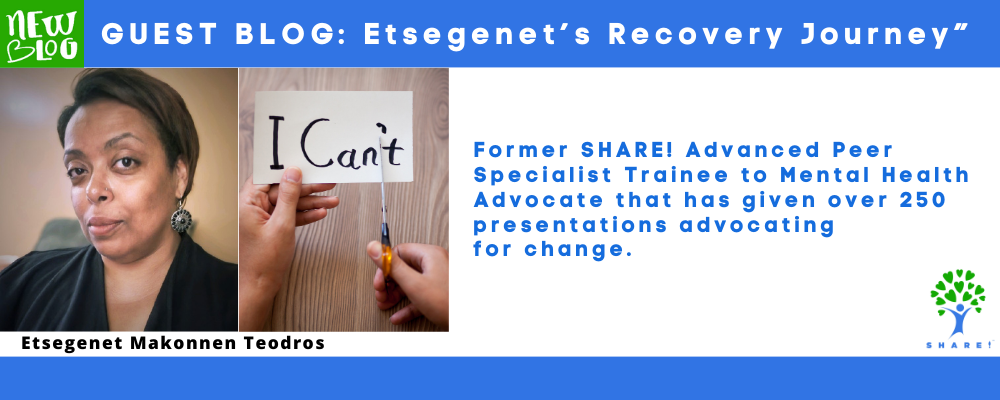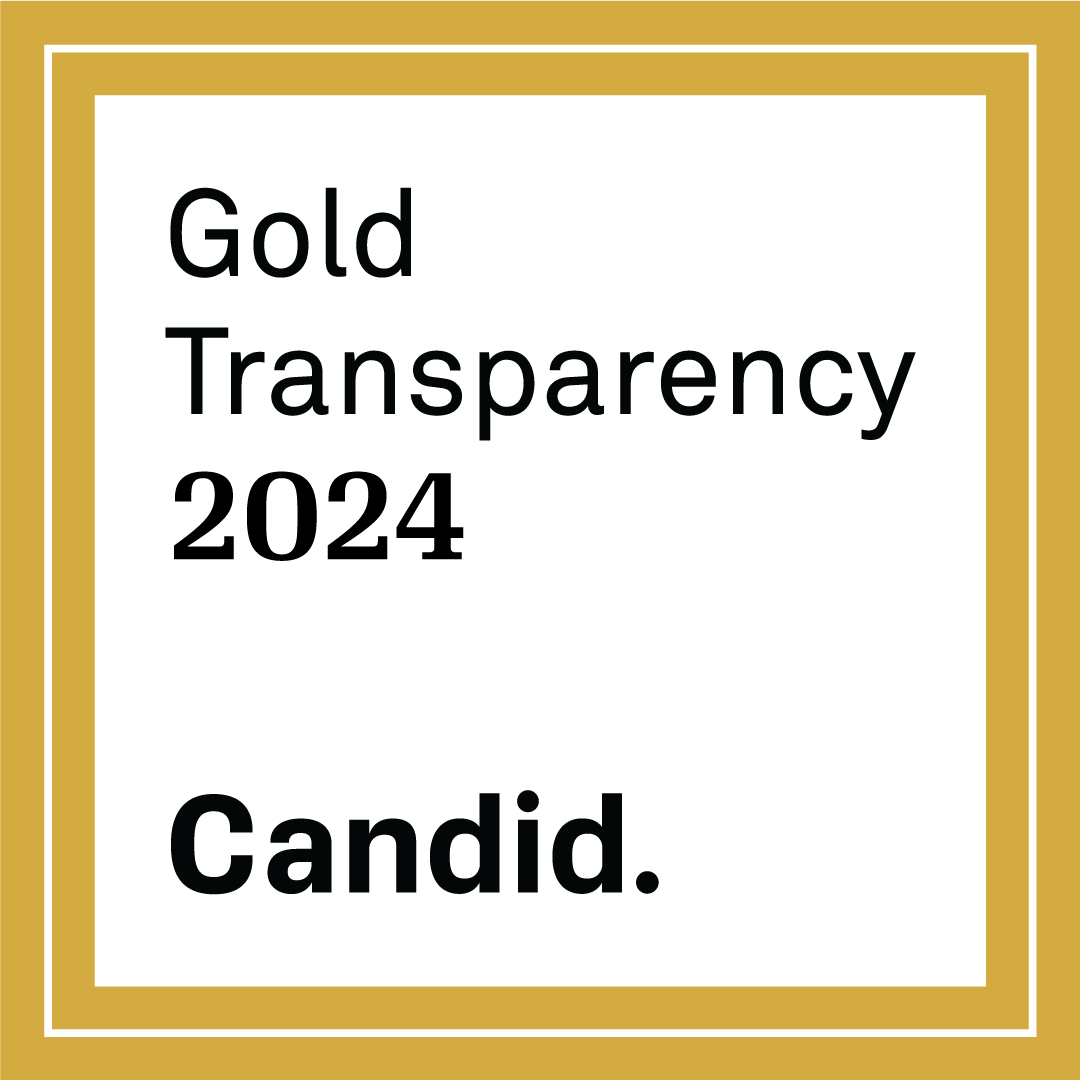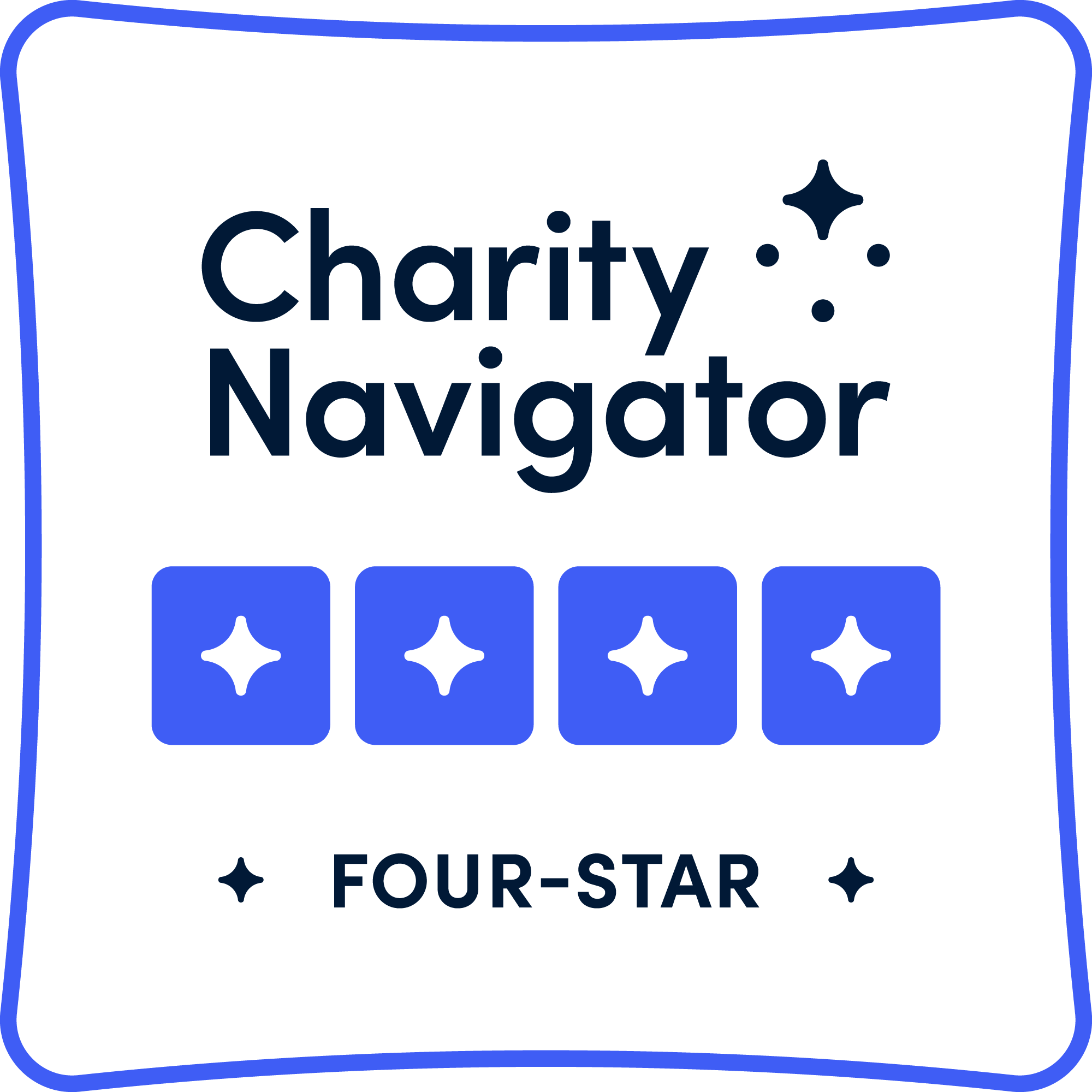blog
𝗚𝘂𝗲𝘀𝘁 𝗕𝗹𝗼𝗴: 𝗥𝗲𝗮𝗱 𝗮𝗯𝗼𝘂𝘁 𝗘𝘁𝘀𝗲𝗴𝗲𝗻𝗲𝘁’𝘀 𝗶𝗻𝘀𝗽𝗶𝗿𝗶𝗻𝗴 𝗝𝗼𝘂𝗿𝗻𝗲𝘆!
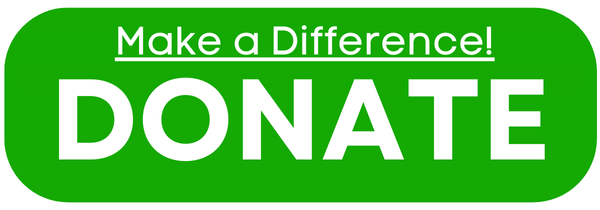
Becoming an advocate for Mental Health Recovery.
By Etsegenet Makonnen Teodros
The years after my bipolar diagnosis in 2003 were the most challenging of my life. Time passed in hyper-speed, alternating with devastatingly slow moments of hopelessness and many disappointments. I drifted from one hospitalization to another. I remember it all vividly, even my first three months at a state hospital, which took place 20 years ago. I barely spoke through my deep depression, which led to six attempts to take my life, interspersed with on-again off-again periods of employment.
Finally, I made the decision that this diagnosis was not who I was. I had to learn to live alongside it. I can trace the earliest beginning of my recovery journey to one day in 2017, when I was in a short-term partial hospitalization day program. During a process group, the recreational therapist asked us, “What are you looking forward to? What goal do you have after this?”
I responded that I wanted to help people through sharing my experiences as a survivor, to offer them hope. I wanted to repay the kindnesses that had been shown to me. I had no idea how to achieve my goal.
In 2018, I applied to SHARE!’s Advanced Peer Specialist “Peer Specialist for Youth” program offered through Loyola Marymount University. It required a six-month commitment and meeting twice a week for six hours. I wasn’t sure I had the discipline for that kind of routine. Would I be able to push through and earn the certificate?
On the first day of class, we had to introduce ourselves. I was sweating. Why had I even thought I could do this—me—a woman with severe mental health challenges? Yet no one saw me that way. They listened carefully to my stories and told their own. We related to each other. I found the curriculum was very interactive, hands-on and enriching. I liked the tangible readings, quizzes/tests, and even guest speakers at times. I shadowed a Peer Specialist for the 112 required internship hours.
I anxiously dreaded improvising for the group role plays very much. One day, despite my awkwardness with social interaction, during a role-play class exercise I received a surprising amount of laughter, and then more laughter. That boosted my whole experience. It gave me the armor I needed to begin to piece together navigating my world. Five years later, I still refer back to the learning materials and also key information that guides me through situations in my life today. I’m sure that it will do just that in the days ahead.
The instructor referred me to NAMI’s In Our Own Voice presentation program. I learned to organize my story in three sections: what happened, what helps, and what is next. Yes, that shy, socially awkward girl, found the courage got my voice back. And I went out in the community and shared my recovery journey with families and their loved ones, college students, church members and patients at psychiatric hospitals, amongst others. I have given more than 250 presentations.
As my confidence grew, I joined the Peer Action League of the California Association of Mental Health Peer Run Organizations (CAMHPRO), a collective statewide group of peer organizations and community leaders. We advocated for SB 803, The Peer Certification Bill.
After the Certification Bill passed, I served on the state’s Peer Workforce Committee (along with the late mental health activist Sally Zinman) to draft recommendations for the Peer Specialist Standards.
As an appointed member of the Cultural and Linguistic Competency Committee (CLCC) of the Mental Health Services Oversight & Accountability Commission (MHSOAC), I collaborate on strategies to achieve racial, ethnic, and LGTBQ+ equity in California’s mental health system.
I sat down for a mental health podcast for an episode on Suicide Awareness recently, at the Los Angeles County Policy Summit in 2022. I have presented my story to occupational therapy students at Cal State Dominguez Hills, nursing students at CSU Long Beach, the California Pan-Ethnic Health Network conference in 2021, and was a panelist for a training by the California Office of Patients’ Rights. I spoke at the California Memorial Project Remembrance organized by Disability Rights California in 2021.
And now I have set my sights on another milestone. I am a newly admitted transfer student at California State University Dominguez Hills, majoring in political science. I’m going to shape mental health policy in the state of California. Right now there are major changes going on in the mental health world. Battles are taking place over whether mental health issues cause homelessness, whether forced treatment is effective, and whether it’s right to force people to take medication. I believe, as the law states, that people should have access to equitable, inclusive, diverse, community-based services and resources—which are well-funded. Not mass misinformation, politically charged biased and unsuccessful solutions.
In the old days, I would not have believed I EVER could attempt and strive to accomplish any of this. I usually don’t reflect on how far I have come. When I have the opportunity to write something like this, I get emotional, so thankful that I am in a place of progress. I have so much to celebrate.
I like to remind others and myself that, we are all pulling from the same core place within ourselves, and it has to be one day at a time. A victory should be celebrated no matter how small or big it might seem. A few quotes I would like to leave you with:
“The comeback is better than the setback.”
“One day you will share your story and be a part of someone’s survival guide.”
“Be the change you want to see in the world.”
By Etsegenet Makonnen Teodros
Etsegenet Makonnen Teodros | LinkedIn
Etsegene hosts a meeting every Friday called MO-MO Trauma-Informed on Zoom and in person at SHARE! Culver City. Click here for info.
If you are interested in Medi-Cal Peer Support Specialist Certification Training, click here.
Please consider donating by using the Donate button (credit/debit cards accepted).
Donations can also be made by texting share to 243725.
Your donation helps bring thousands into recovery, housing, jobs, and a better life.
SHARE! has the GuideStar Gold Seal of Transparency.
SHARE! empowers people to change their own lives and provides them a loving, safe, non-judgmental place where they can find community, information, and support.
Click subscribe to join the SHARE! Mailing List.
Follow SHARE! on social media:
#blog #mentalhealth #recovery #fivepillarsofrecovr #guestblog #blogwriter #nami #namiwla #mentalillness #toastmasters #peerspecialist #peerspecialists #peerspecialisttraining #peercertification #peerspecialistcertification #california #californiapeercertification #mentalhealthrecovery #mentalillnessrecovery #journaling #recoverycommunity #selfcare #selfcareblog #mentalthblog #recoveryblog #selfhelpblog #selfcareplan #recoveryjourney
#blog #mentalhealth #recovery #fivepillarsofrecovr #guestblog #blogwriter #nami #namiwla #mentalillness #toastmasters #peerspecialist #peerspecialists #peerspecialisttraining #peercertification #peerspecialistcertification #california #californiapeercertification #mentalhealthrecovery #mentalillnessrecovery #journaling #recoverycommunity #selfcare #selfcareblog #mentalthblog #recoveryblog #selfhelpblog #selfcareplan #recoveryjourney
